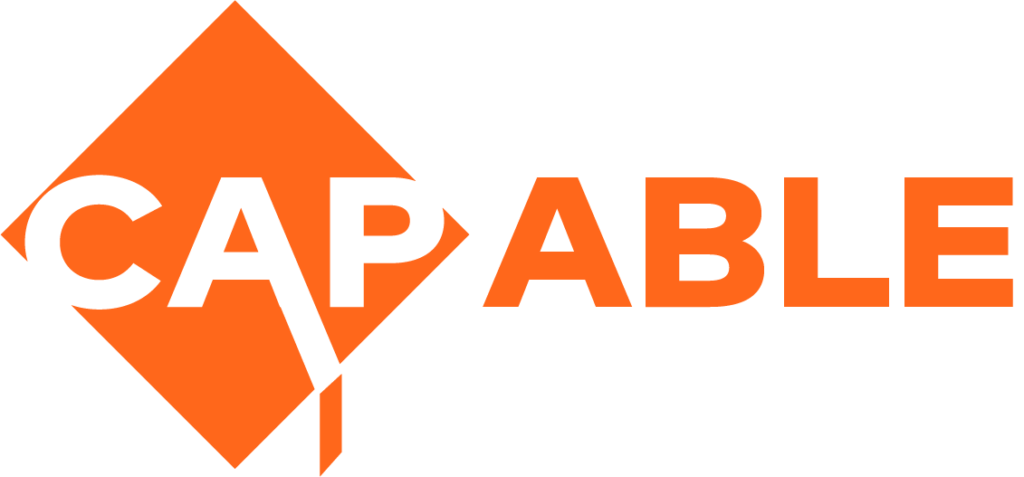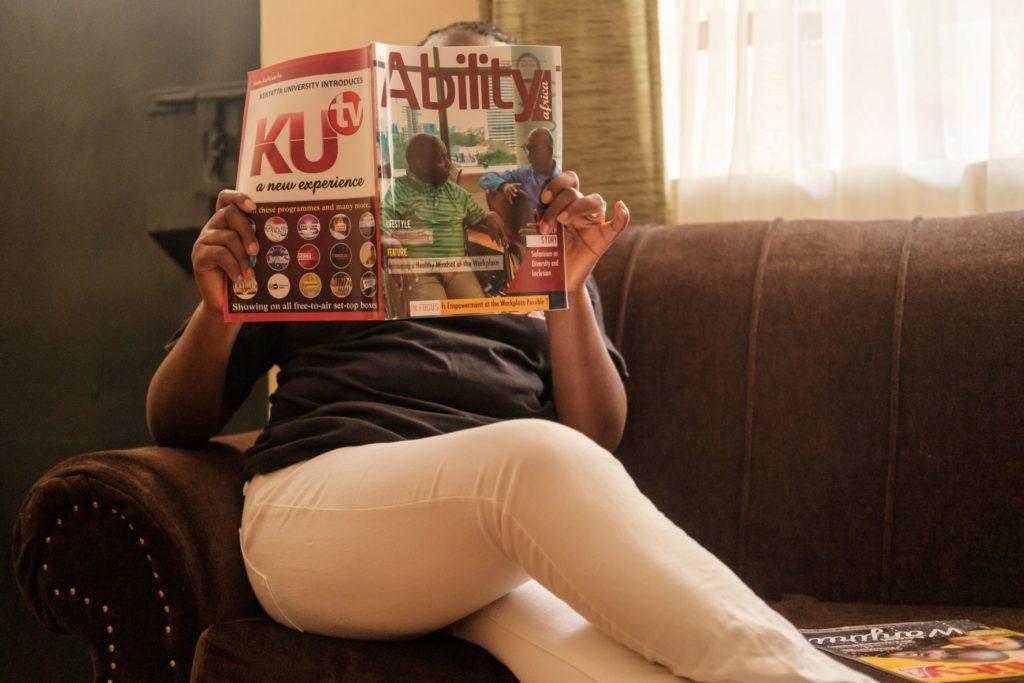
Embracing Transformative Leadership Through University And Beyond: Mercy's Story
Mercy Mugure’s dream of seeing a disability-inclusive environment in Kenya started during her time at school. After acquiring a physical impairment at the age of ten, she has been an advocate for the rights of people with disabilities ever since. In this interview, Mercy discusses how she has been able to achieve her goals, promote disability awareness, and support people with disabilities in their search for formal employment.
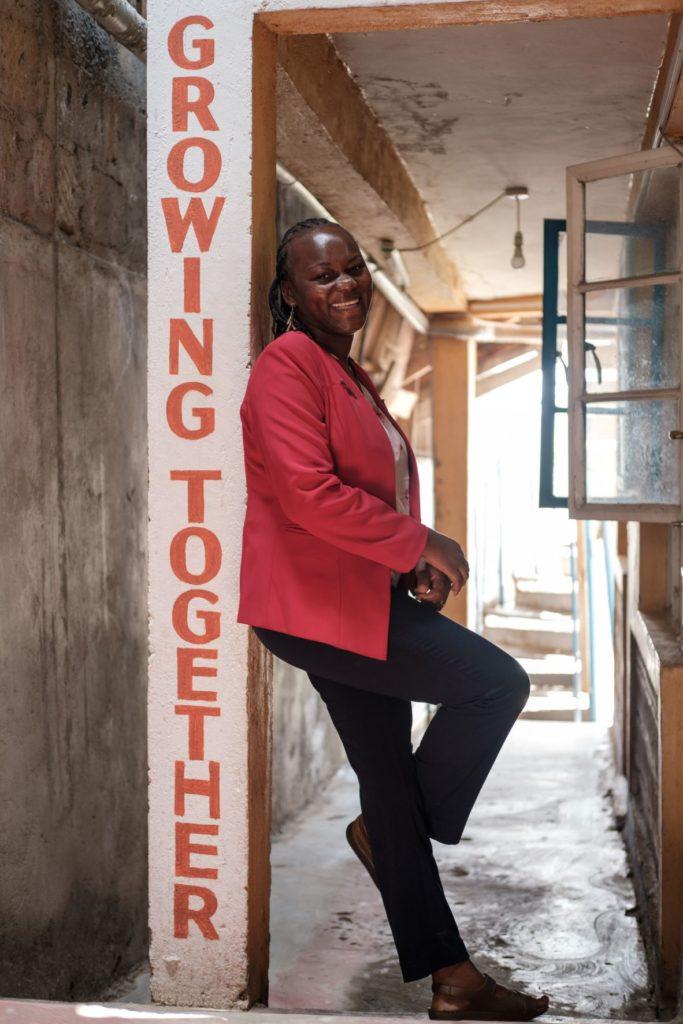
Tell me about yourself; who are you?
Mercy Mugure is this girl that grew up in rural parts of Kenya, that is, Meru county. I am currently a board member of the National Council for Persons with Disabilities
I am also the proprietor of the Ability Africa Magazine where stories of persons with disabilities are told.
When did disability start impacting your life?
Before 10 years of age, I didn’t know anything about disability. One day, I woke up and felt a slight pain in my left leg. My mother applied some medication to my leg and the pain didn’t go away. I spent 3 months in the hospital and by the time I was being discharged, I was walking with two crutches. I still have a physical impairment today.
What inspired you to become a leader?
I would say my transformative leadership journey began as a revenge mission because once I developed my impairment, people started treating me differently and I did not like that.
In high school, I learned that there was a position in the Ministry of Education called the District Education Officer (DEO). I wanted this position because I saw the power they had to make changes for people with disabilities.
My revenge mission started with working towards the goal of becoming District Education Officer. I knew if I held that position, I could ask schools to treat children with disabilities well and ensure they had accessible toilets. My goals changed over the years, and I found different ways to make a difference, but my journey to advocacy started there.
How would you define the term transformative leadership?
To me, transformative is about creating impact and change. If by the time you exit the position there is nothing that has changed, for me that is not transformative leadership.
It goes beyond personal. It is how many lives and things you have changed and it’s measurable, it has a turning point.
Where did you attend University and what did you study?
I went to Kenyatta University and did a Bachelor of Arts in Education in English and Literature. This is a place where all of a sudden, I met so many people with disabilities for the first time.
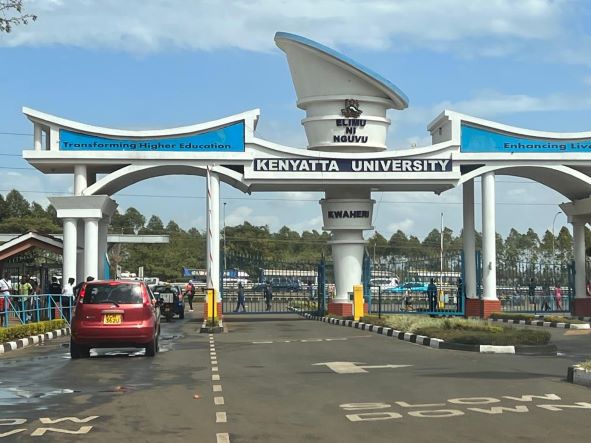
What changes were you a part of as a leader at your University?
In my second year, I became a student leader to represent students with disabilities. When the University was putting up a lot of infrastructures, my first proposal to the university Senate was to have any building that is coming up have a ramp. The proposal was put as a policy in the institution.
I wrote a proposal in 2010 to have a date in the annual calendar that is dedicated to celebrating disability. A positive attitude from the university is what I was looking for. This is my biggest success during my leadership while representing students with disabilities. So Kenyatta University was the first university to put this in their calendar. There’s always going to be one day wherein the entire school, we’re talking about disability. It is being commemorated every year and the beautiful thing about that is that it has become part of the other universities. I am very proud of that.
In the last year at the University, I registered a non-profit where we come together with other students with disabilities who have graduated. My role was to write to different employers about hiring people with disabilities. The organization was a pioneer of employment advocacy within Kenya. I would go and pick the CVs of my friends and send them to the national council for persons with disabilities and give them the data.
Today, I can proudly say that I have helped over 50 people that I didn’t know before to get work. I didn’t have a certain way of doing this, but I would go to my Facebook page and ask that ‘if you’re a person with a disability and looking for a job, drop me your CV on the organization email, and then I would send them to different employers.
Which other change do you want to see in this world for people with disabilities?
While pursuing a Master’s degree in Disability Rights in Africa, a scholarship I had attained at the University of Pretoria in South Africa, I realised that the issue was implementation. I realised that Kenya is one of the countries that have signed the Convention on the Rights of Persons with Disabilities (CRPD) and after graduating, I joined the National Council for Persons with Disabilities to ensure that it is implemented.
When talking about transformative leadership, how do you balance the power that comes from having to fight back against society in order to get where you are with the need for access to support to develop leadership skills?
This is a very interesting question because the reality is, minus our pains, probably we wouldn’t have developed what we are. If there was enough awareness in the world, the support would be more than the fighting spirit and you would grow up knowing you can be anything you want even with your disability.
We have to tell our stories to let others know they have to fight for their space. This even goes beyond disability. We are talking about women’s leadership. For a long period, it has been the men first and then women. I look at a future where the needs of persons with disabilities asking for their rights will not be treated as asking for privileges. Because as much as we fought to get ourselves employed in organizations, there is still a mentality of “we have given you enough, you’re still complaining? We did you a favour to be in this office.”
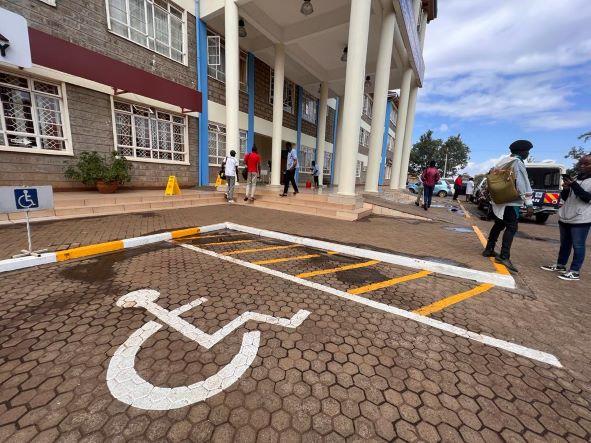

What is the next phase in your transformative leadership journey?
To train five champions with disabilities and five champions without disabilities. The impact is stronger. Unfortunately, because of persons with disabilities’ experiences, we kind of tend to ask “why are they speaking on our behalf” yet if we are talking about practical inclusion, it means I don’t have a disability but I have understood the challenges of disability because there has been awareness.
What can development partners like Mastercard Foundation do to support the growth of other transformative leaders like yourself?
Every person can be a transformative leader, but they do not always have the capacity at the start, so, capacity building is very key. Secondly, organizations should provide mentors and people to look up to. If we are raising leaders who will just think in terms of their personal interests first, we are not succeeding. Once you put your personal gains at the forefront, you’re not a transformative leader. Transformative leadership is about making an impact in the world first.
